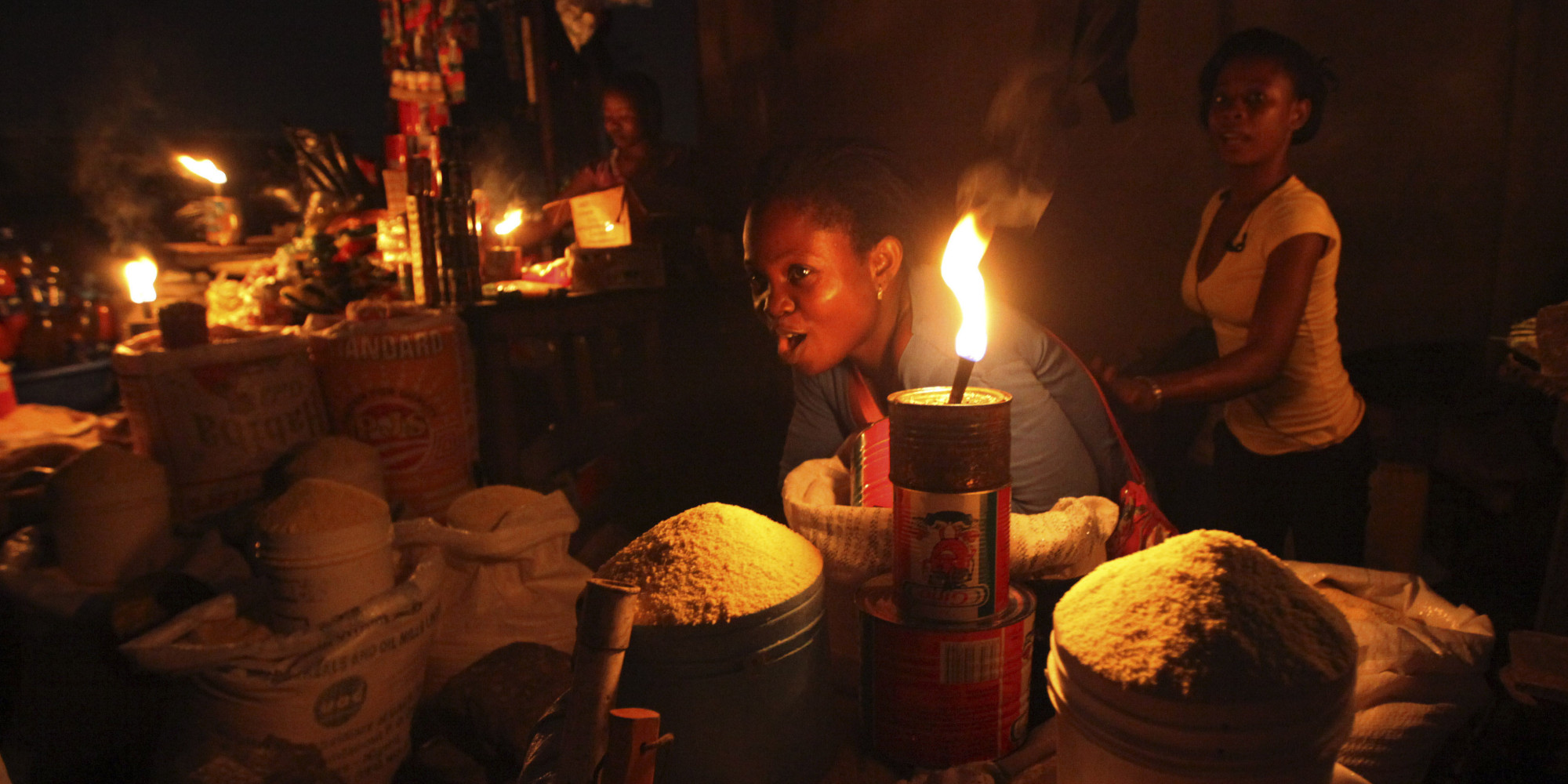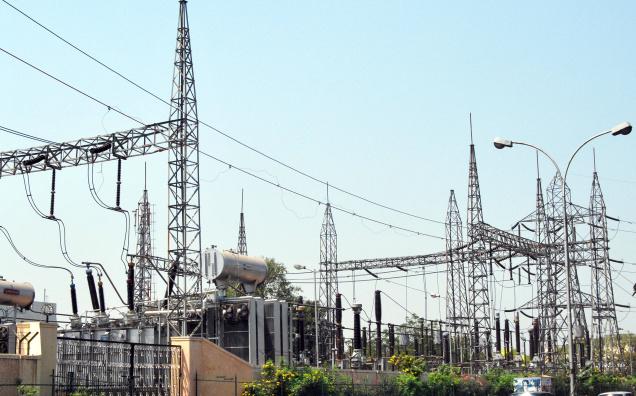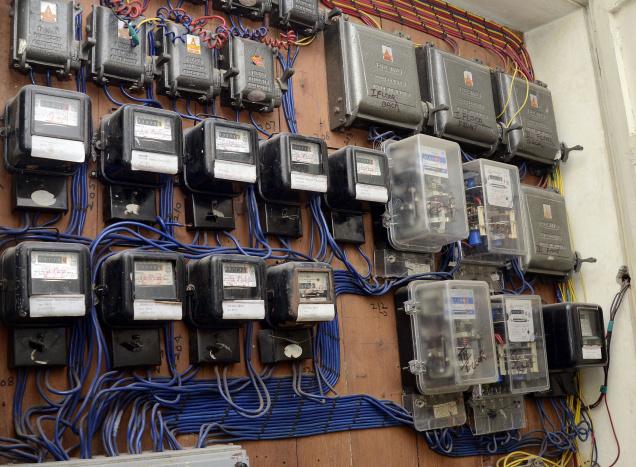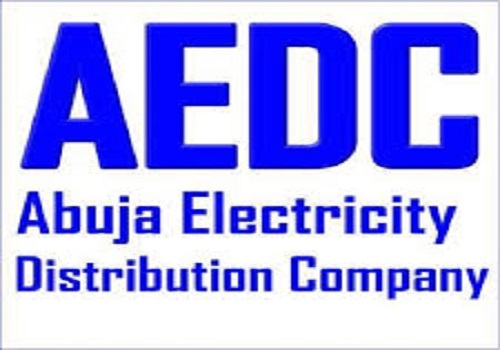The Federal Government has reached an agreement with the leadership of the National Union of Electricity Employees to suspend the indefinite strike they embarked upon following outstanding entitlements of 20 months.
The decision was reached few hours after the commencement of the industrial action by the workers.
The agreement to pay the outstanding allowances was reached by the leadership of the National Union of Electricity Employee, the Bureau of Public Enterprise and the Nigerian Electricity Regulatory Commission at the conference room of the Minister of Power on Monday.
This was contained in a Memorandum of Understanding signed by the Minister of State, Power, Goddy Jeddy Agba; BPE DG, Alex A Okoh; GS of NUEE, Joe Ajaero; Chairman NERC, Sanusi Garba and the FCT Council, Godfrey Aba.
The parties said in the MoU that, “At the end of the expansive between the leadership of NUEE and relevant government institutions in the power sector over the industrial action which affected the Abuja Electricity Distribution Company (AEDC) franchise area regarding area regarding the unresolved dispute with the management of AEDC over unpaid entitlements, it was agreed as follows:
“Government intervened with the firm arrangement to ensure the payment of the outstanding entitlements of AEDC staff within twenty one days counting from the date of the signing of the MoU.
“And based on the foregoing, the industrial action is here by suspended.”
The members of staff of AEDC were demanding the payment of their 2020 bonus and other entitlements.
They also demanded the remittance of pensions deducted by the company to their Pension Fund Administrators.
The union alleged that the remittances have not been made for the past 19 months.
At AEDC Gwarimpa Office, they staff had in a notice said, “Pay the remaining: batches of 2020 bonus. Pension remittances (19 months). Third batch of bulk rent. Thrift deductions (17 months) and union check off dues (4 months. AEDC management pay us now!”




